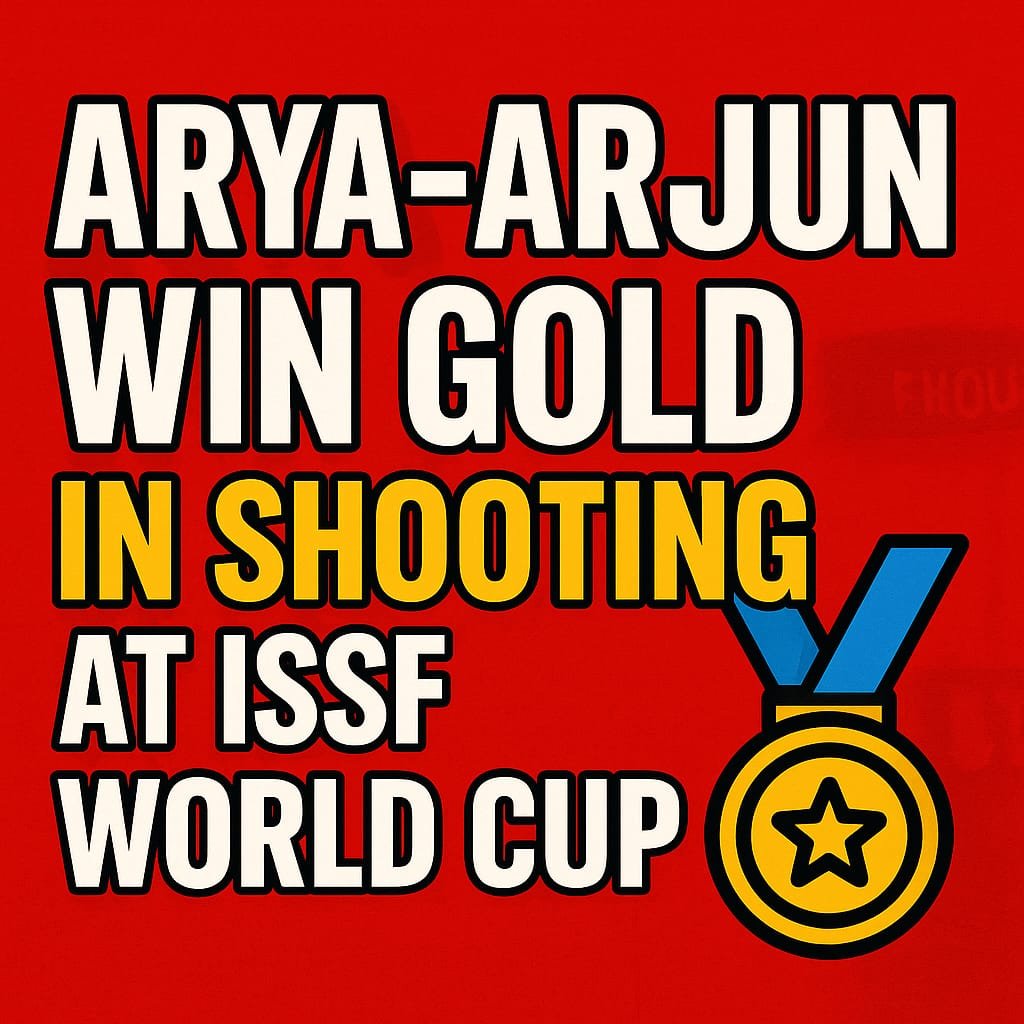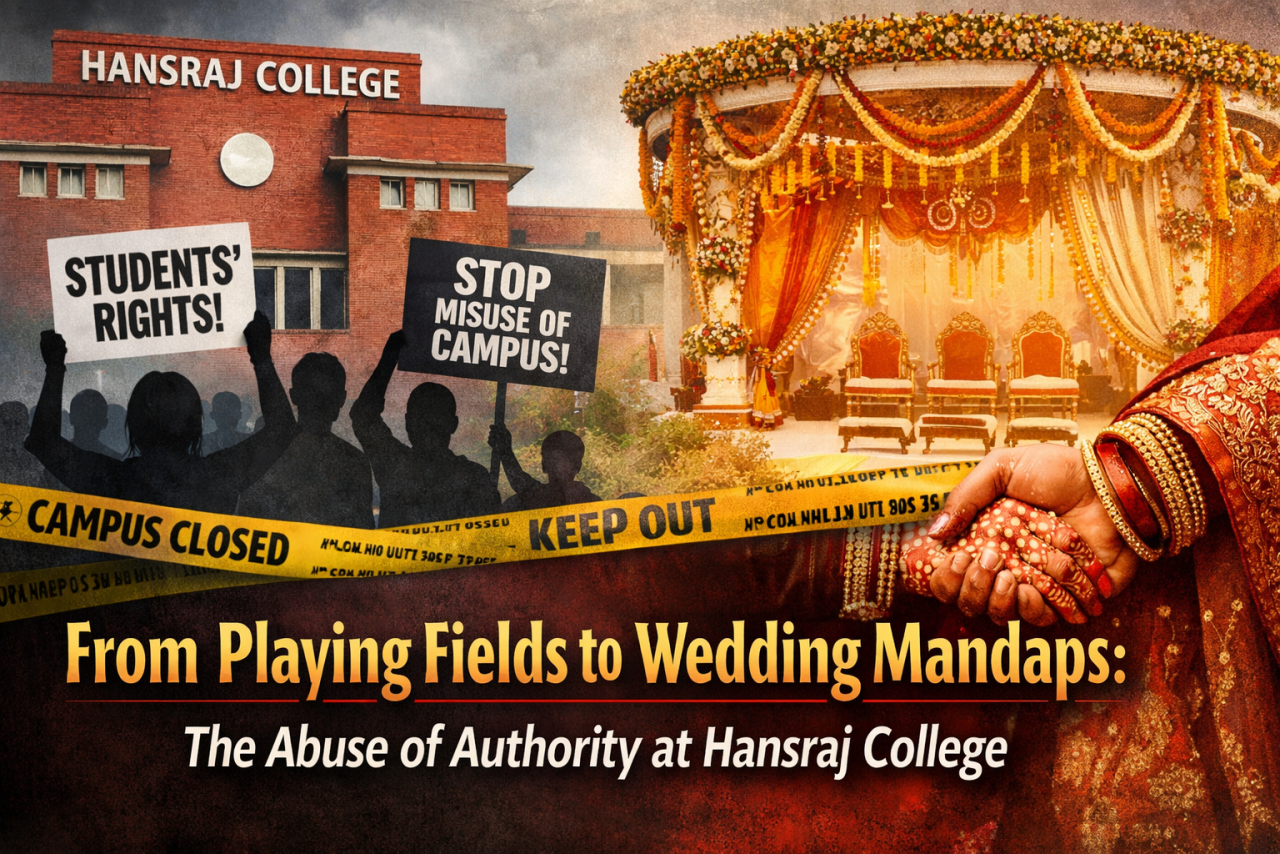
Arya Borse and Arjun Babuta didn’t just aim for the bullseye; they made a statement that echoed across the international shooting arena. At the ISSF World Cup in Munich, the Indian pair delivered a composed and confident performance to defeat China's top-seeded team of Wang Zifei and Sheng Lihao. The match concluded with a 16-10 scoreline in the final of the 10m air rifle mixed team event, giving India its second gold medal in as many days.
Their victory not only added to India’s growing medal tally but also reaffirmed the country’s emergence as a serious contender in the world of competitive shooting. Calm under pressure, technically precise, and mentally resilient, Borse and Babuta demonstrated the depth and maturity of India's mixed team capabilities.
A Gold Forged Through Precision and Composure
The final began with China taking an early lead, as expected from the top-ranked duo. However, India quickly responded, with Arya Borse delivering a critical 9.8 to tip the momentum in their favour. What followed was a display of sheer consistency. Over six successive series, the Indian shooters maintained scores above 10.5, applying steady pressure on their opponents.
With the scoreboard showing 10-2 in India’s favour, a brief resurgence from the Chinese pair brought some tension to the match. But Borse and Babuta kept their nerves intact. In the decisive 12th series, Babuta matched Sheng’s 10.1, and Borse outscored Wang with a flawless 10.1, sealing India’s victory at 16-10.
This win held special significance for Babuta, who had narrowly missed a podium finish at the Paris Olympics, finishing fourth. His performance in Munich, registering a solid 317.7, showed both redemption and resolve. Borse, who previously won silver medals in Buenos Aires and Lima, scored 317.5. Their combined qualification total of 635.2 was a mere 0.7 points short of China’s world record, underscoring just how close the competition is at this elite level.
India’s Shooting Talent Continues to Impress
India’s shooting bench strength was further validated as another Indian team, consisting of Elavenil Valarivan and Kiran Ankush Jadhav, also made it to the finals and secured a respectable sixth-place finish with a combined score of 631.8. Though they didn’t contend for a medal, their performance added valuable points to India’s overall standing and reflected the growing consistency in the national shooting program.
However, not all events went India’s way. In the 10m air pistol mixed team category, experienced shooters Manu Bhaker and Aditya Malra failed to progress past the qualification round, finishing with a score of 577. Another Indian pair, Suruchi Singh and Varun Tomar, ended in 10th place with a close 576.
A Weekend to Remember for Indian Shooting
Arya and Arjun’s triumph came just a day after Suruchi Phogat secured her third consecutive gold in the women’s 10m air pistol event, completing a rare World Cup hat-trick. This elevated India’s medal count in Munich to four—two golds and two bronzes—placing the country third in the overall standings behind China and Norway.
Norway’s Jeanette Hegg Duestad and Jon-Hermann Hegg claimed bronze in the same event, edging out the United States in a tightly contested shoot-off. India’s other bronze medals came courtesy of Sift Kaur Samra in the 50m rifle 3 Positions event and Elavenil Valarivan in the women’s 10m air rifle.
Looking ahead to the Los Angeles 2028 Olympic Games and beyond, India’s performance in Munich is more than a successful outing—it is a signal of the nation’s evolving excellence in shooting. With young talents like Arya Borse and Arjun Babuta stepping up on the global stage, Indian shooting is not just aiming higher—it is hitting the mark.





















